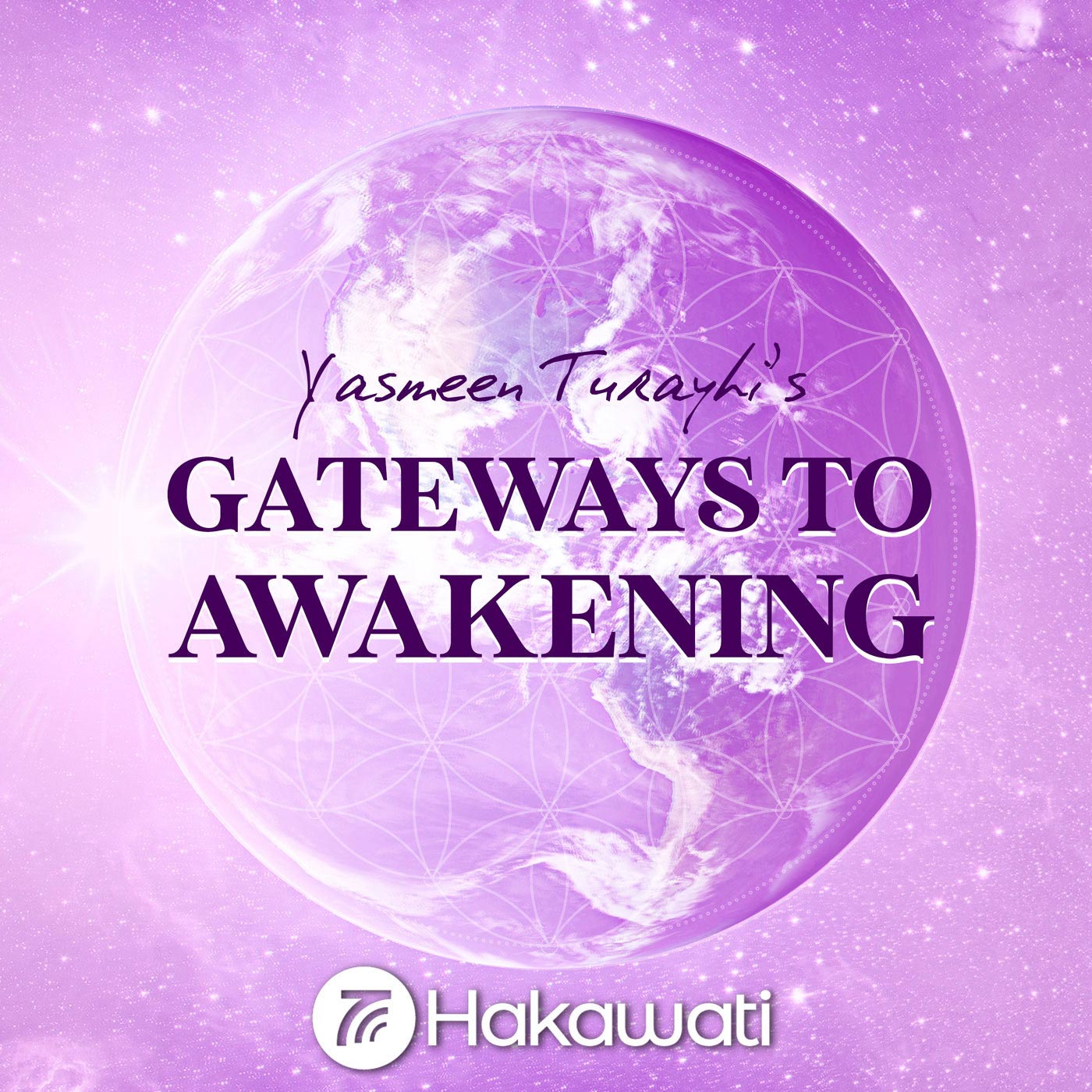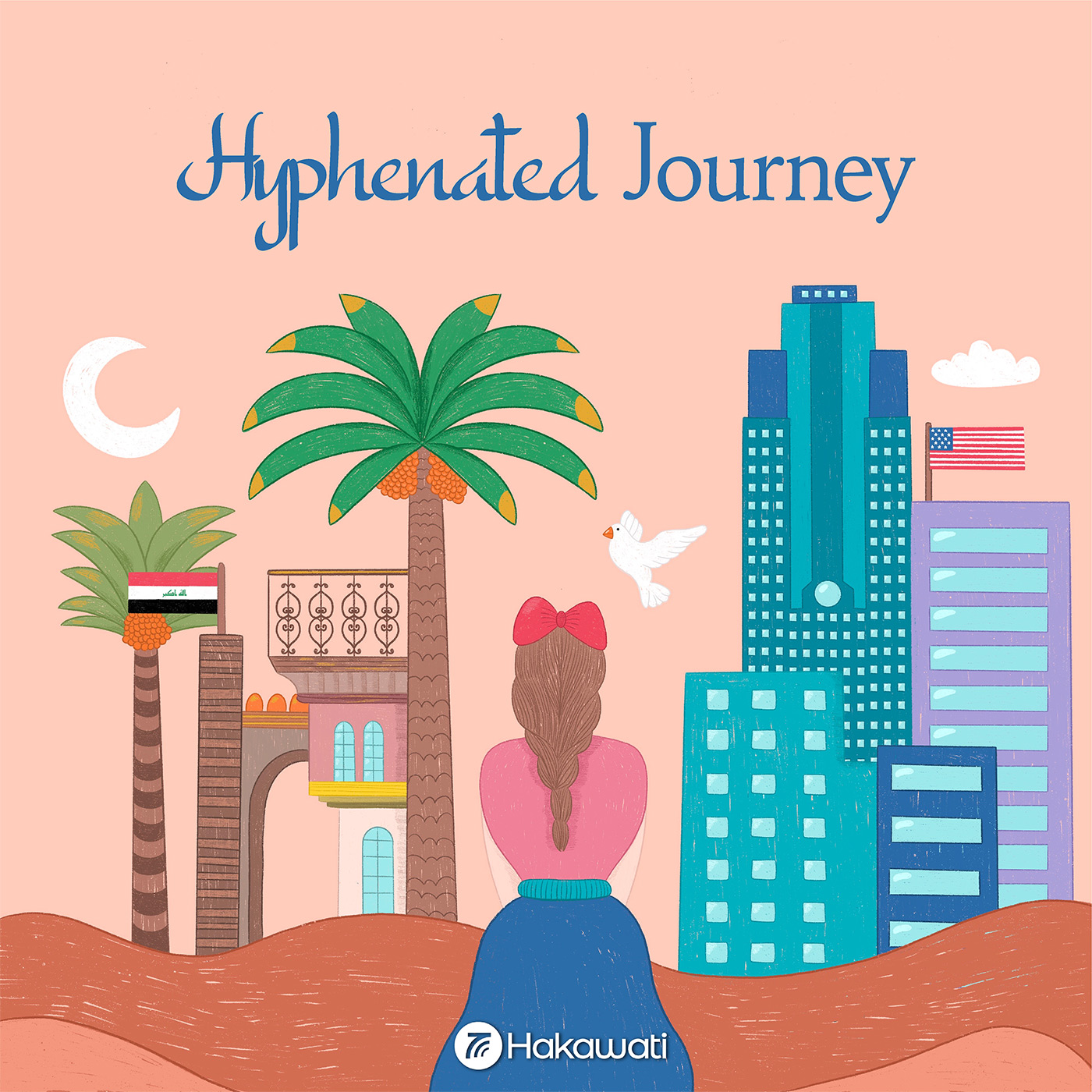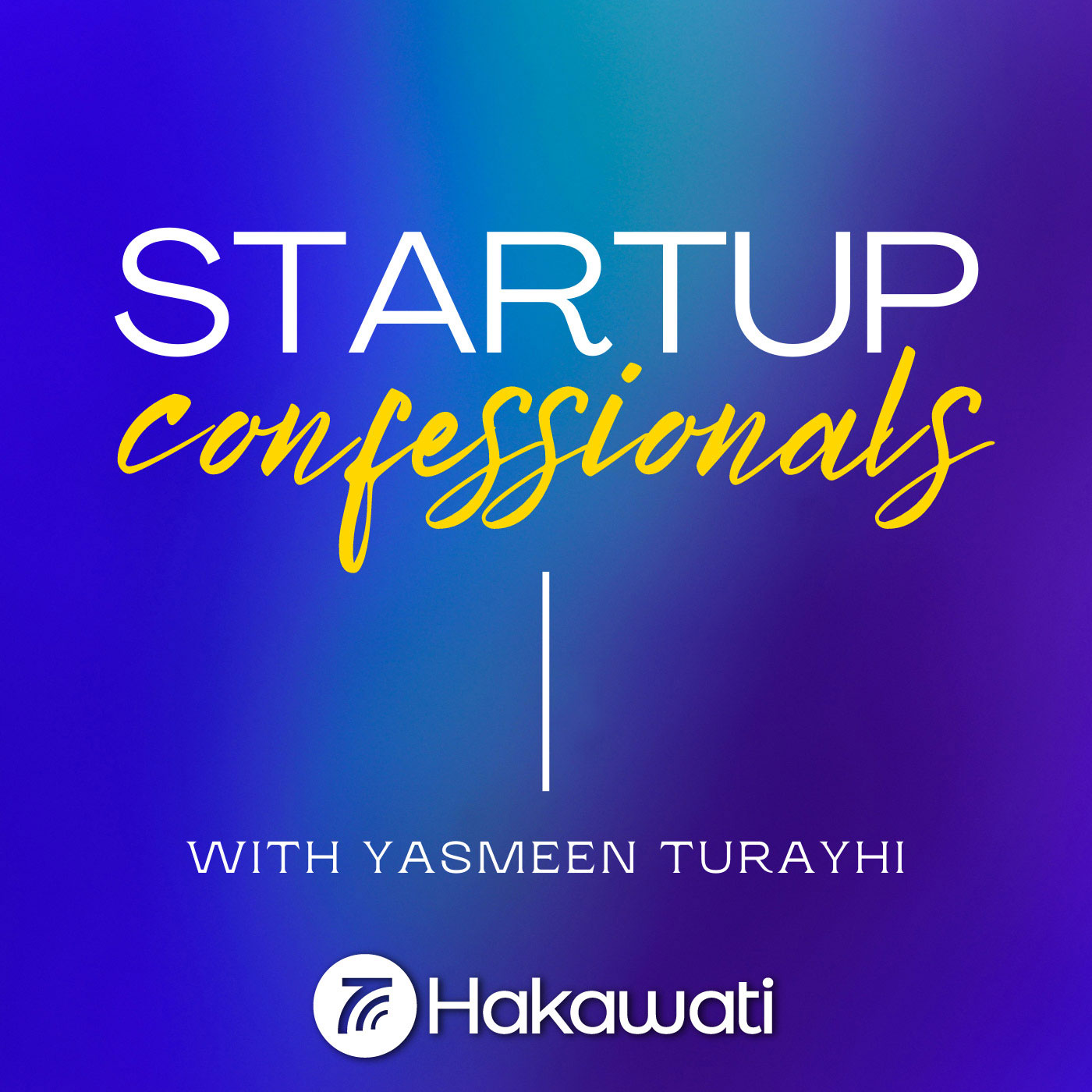Podcasts see more
Latest Episodes see more
هل إبداء الرأي ممنوع؟ كيف نبدي رأينا دون أن نجرح من لا يوفقنا الرأي؟ متى نعرف إن كنا على حق، ومتى نسكت تماماً عن النقاش؟ ما هي أفضل أغاني ماريلين نعمان، وماذا عن مسلسل لعبة حب؟؟؟ كل هذا وأكثر ضمن حلقة هذا الأسبوع من أول شي بونسوار مع غنوة وهيثم.
On today’s episode, I speak with Dr. John Amaral, DC has been helping some of the world’s most recognized high-achievers feel and perform their best for over twenty five years. His clients include Oscar winning actors, Grammy award winning performing artists, Olympic gold medal winning athletes, and globally renowned entrepreneurs and thought-leaders. John has presented his work internationally at venues ranging from the World Economic Summit in Davos to the Cannes Lions International Festival of Creativity. He and his work are featured in Gwyneth Paltrow’s GOOP Labs series on Netflix. We talk about the following and so much more: ✅ What energy medicine is in simple terms and how it can impact our health and well-being ✅What he means when he says “People are made of energy?” ✅What is Energetic Flow? How does energy get blocked? ✅What is it like to work with him ✅The science behind this method? ✅His "Body Centered Leadership" approach and how it helps individuals unlock their full potential in personal and professional life ✅Some common misconceptions or skepticism people have about energy medicine, and how you address them? Get 10% off your first order site-wide with code GATEWAYS at https://oseamalibu.com/discount/GATEWAYS Please tag us and tell us what you loved! You can follow @Gateways_To_Awakening on Instagram or Facebook if you’d like to stay connected.
هل تؤثر صدمات الطفولة على الصحة الجنسية للفرد في مراحل لاحقة من حياته؟ ما هي أكثر الأعراض شيوعاً التي قد يواجهها الأشخاص الذين تعرضوا لصدمات في طفولتهم في علاقاتهم الجنسية؟ وما هو دور الوعي الذاتي والتفهم العاطفي في التعافي من الصدمات الطفولية وتحسين الوظيفة الجنسية؟ الدكتورة تالا السليمان، أخصائية علم نفس إكلينيكي، تنضم الينا لمناقشة موضوع تأثير صدمات الطفولة على الحياة الجنسية المستقبلية.
























